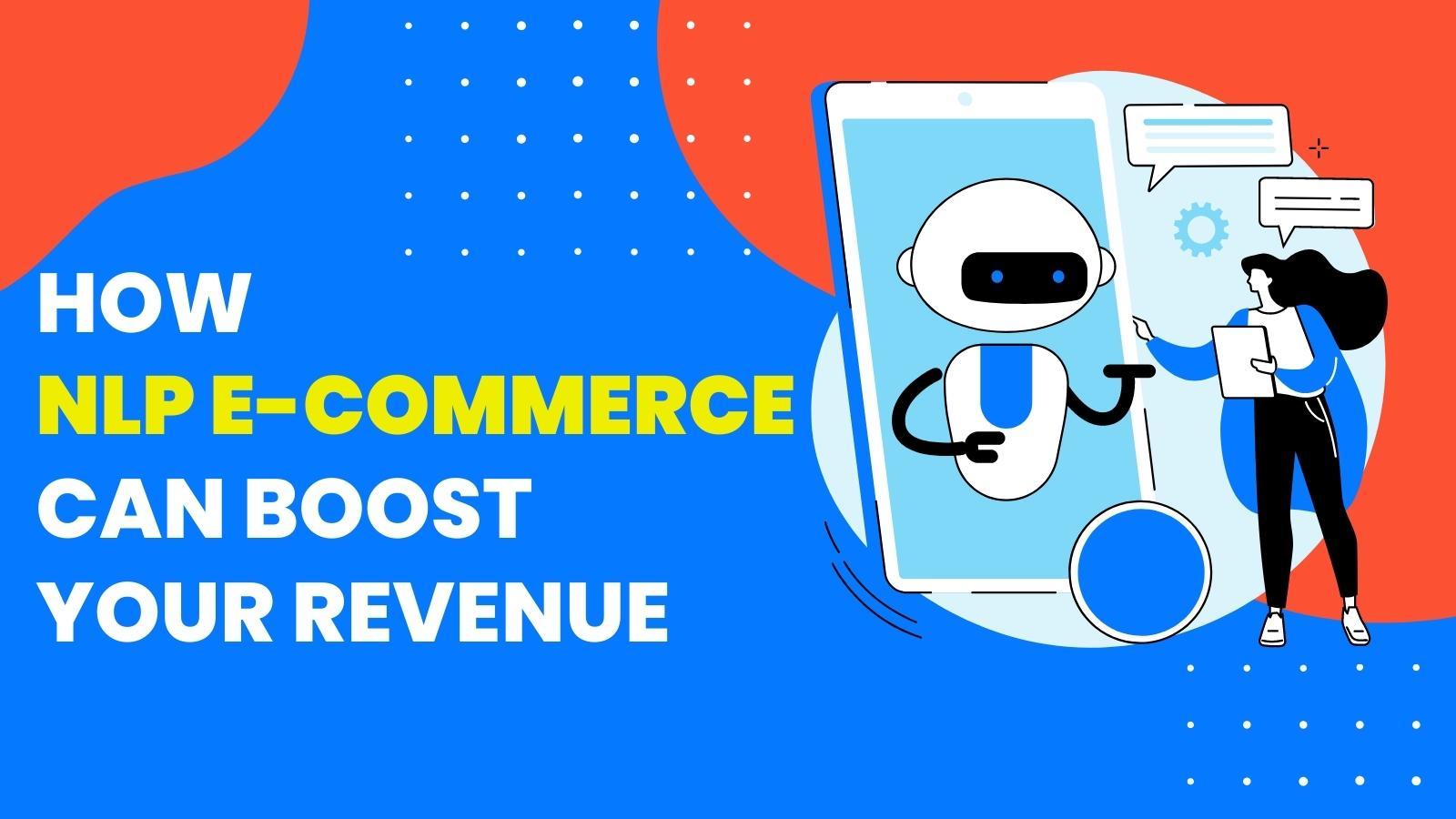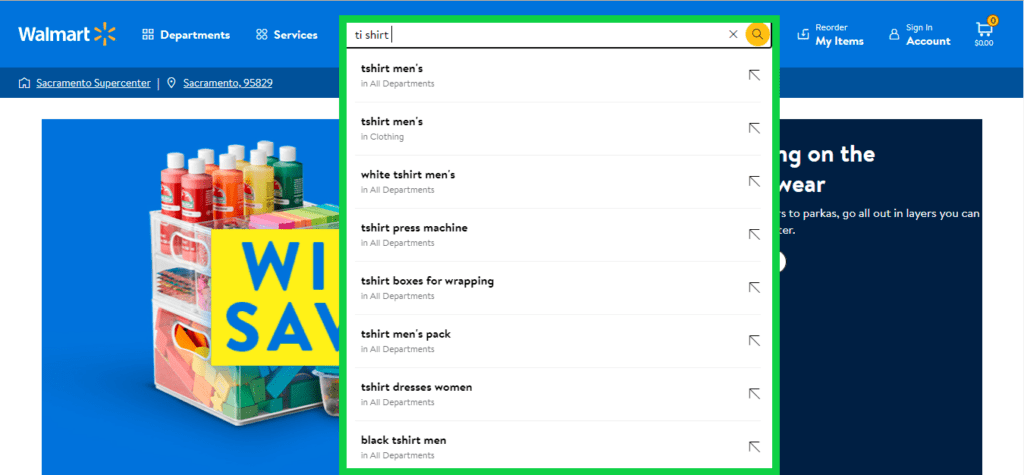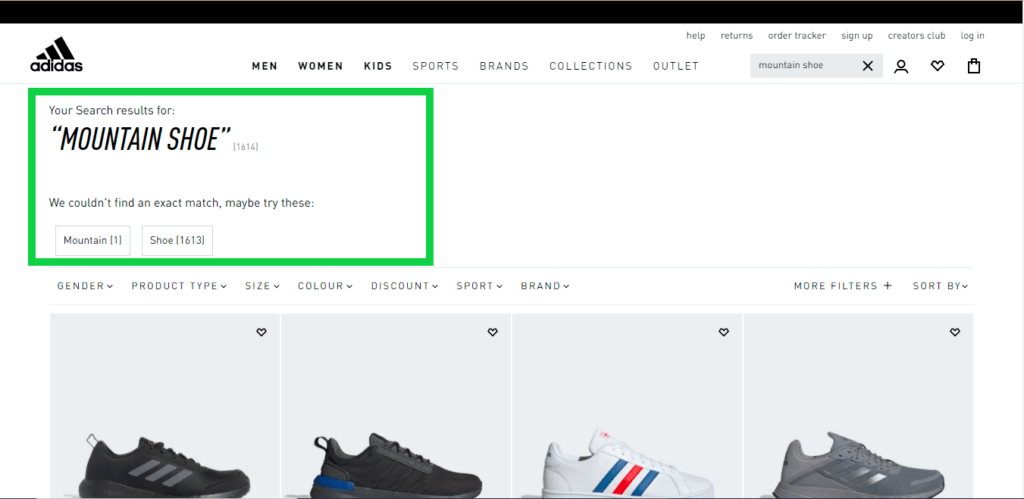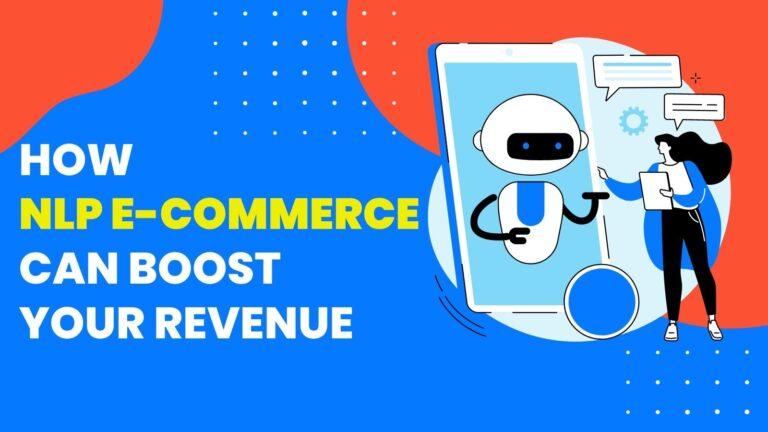Your website is the key to e-commerce business success. You want to ensure that a customer enters your site, finds what they are looking for and engages with your business. One of the main elements to help you achieve this is the on-site search. You can make your on-site work much better with the help of Natural Language Processing (NLP).

NLP has the potential to help customers find the right products. The happier customers are on your website, the more likely it is they’ll make a purchase and recommend your site to others. But what are the best ways to use NLP to boost your revenue? Here are five strategies to implement:
1. Improving autocorrect

Autocorrect is a crucial part of a good on-site search. It helps understand and correct common typing errors customers might make. Many customers use mobile devices to search and typing errors are likely to happen. Instead of searching with the correct term ‘summer hats’, they might end up typing ‘smmer hits’, for instance.
If your search doesn’t implement autocorrection and use NLP to improve it, your customers might end up with nothing in their search results. This would lead to a loss of revenue and a frustrating customer experience.
An NLP e-commerce on-site search will use data to automatically understand different phonetical and typographical errors. It can recognize how people’s spelling mistakes are based on different factors. Typos happen because of keyboard distance between letters, as well as unique ways to pronounce different words. NLP systems can also include autosuggestions to ensure customers find exactly what they are looking for.
2. Reducing frustrated searches

Another major revenue loss occurs when a customer’s search returns ‘zero’ or ‘frustrated’. This occurs when a customer searched with an incorrect term or has typos the autocorrect doesn’t fix. While the use of NLP-powered on-site search can help with the latter, the former might be more difficult to fix. The result of these searches can be an empty results page, leading to customer frustration.
NLP can help reduce the occurrence of these searches. With it, you can solve the following problems:
- Promoting products to customers who might be unaware of them. It can include surface suggestions that are related to what the customers might want.
- Cut out unimportant words from long keyword searches. Sometimes longer, complex searches can yield bad results but NLP-drive on-site search helps limit this.
Generic search can be difficult for search engines to tackle. If you introduce NLP to your site search, you make it easier to control the results customers get, even if the search is not perfect.
3. Boosting revenue from long-tail searches
Long-tail queries are specific strings that use three to four words. These are typically low-volume, high-keyword searches that happen very infrequently in terms of the specific searches. On the other hand, long-tail searching is the most common way to search. But because the terms used are so scattered, tailoring to those can be difficult. Merchandising them individually would be hard.
But NLP-based technology can address these rare queries. The technology could map these search terms to specific products, even when there are no exact keyword matches. For example, the customer might search for “no added gluten freezer friendly health food”. With NLP-based on-site search, this could provide results showing suitable organic health food products.
4. Implementing voice recognition

Many e-commerce site visitors are using mobile to search. Customers aren’t only using mobile devices but the different features they come with. We’re talking about voice recognition systems. Siri and Alexa are popular voice assistants that have introduced voice activation to many people. A large chunk of online search happens today with voice. But voice input can differ a lot from traditional written information. The search terms we use can change depending on how we conduct the search.
Many on-site search engines don’t use voice recognition well. This can lead to a lot of issues, including a loss in revenue. It’s imperative to add NLP functionality that takes advantage of voice recognition. These systems can map voice phrases and use the data to enhance the search engine.
5. Adding multilingual support
Online shopping has widened businesses’ customer bases. Your e-commerce site could have shoppers visiting from all corners of the world. As a retailer, this offers you an exciting opportunity to boost sales and grow as a business. However, you need to ensure people don’t have to rely only on English. Translation alone might not be enough.
NLP is a great solution to unleashing the full power of multilingual site support. You won’t just rely on the above benefits in a single language. You can use different languages and even mixes of languages to provide better search results. NLP can tokenize each language and ensure on-site search understand the different queries better.
Use NLP to boost revenue
The e-commerce sector has been growing in impressive figures in recent years. The steady growth is set to continue and e-commerce businesses need to figure out ways to stand out in the crowd. One of the key ways to compete is on-site search. The simple functionality can really make a difference in customer engagement.
Perfecting on-site search is not rocket science. With technologies such as NLP, you can make the most out of it. You can ensure any search your customers make is beneficial and effective. You can direct customers to certain products by boosting or keeping them away from undesired results with burying. NLP allows you to adjust to different ways to search, from voice recognition to multilingual search. Ultimately, you can provide customers with a seamless search experience. They are guaranteed to find what they are looking for without it creating any issues.





